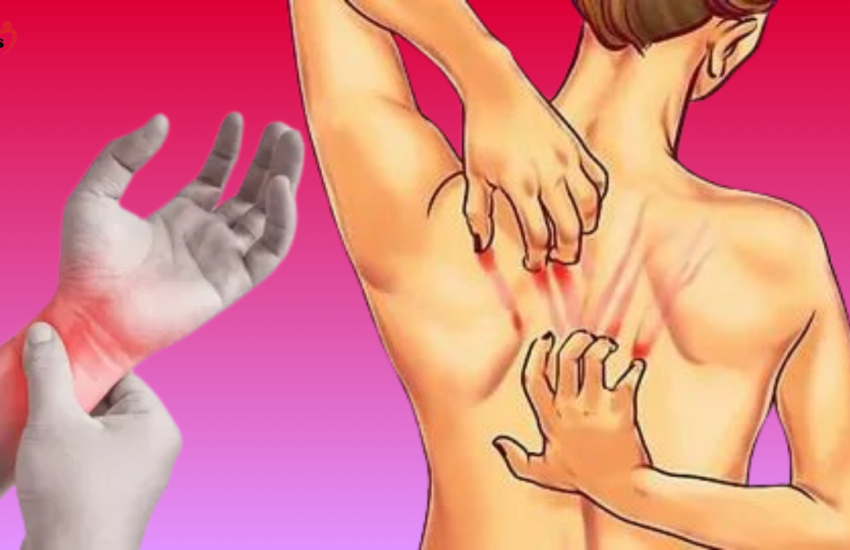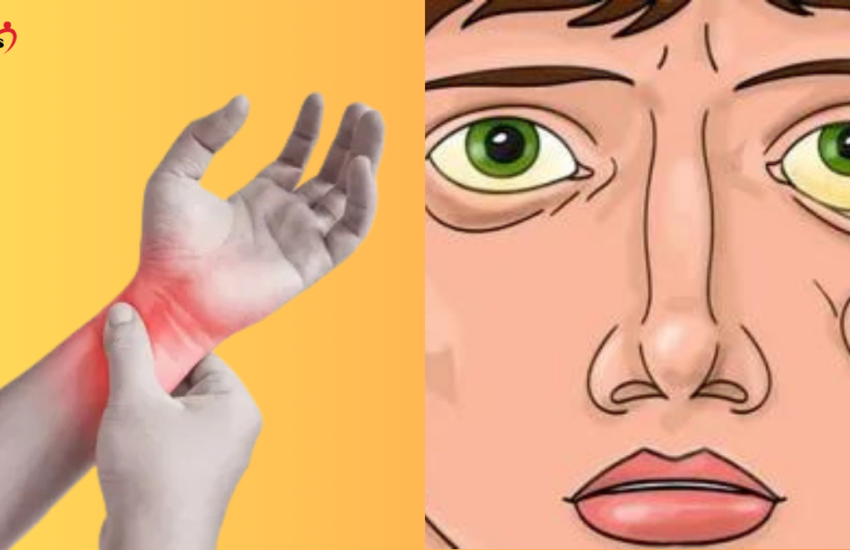Warning signs of anemia that should not be ignored
Anemia is a common condition in which your body lacks enough healthy red blood cells to carry adequate oxygen to your tissues. It can result from a variety of causes, including nutritional deficiencies, chronic illnesses, or blood loss. While mild anemia may not always have obvious symptoms, moderate to severe anemia can lead to a range of health problems. Recognizing the warning signs early can help you treat the underlying cause and avoid complications. Here are the main warning signs of anemia that you shouldn’t ignore:
Fatigue and weakness
One of the most common symptoms of anemia is persistent fatigue or exhaustion. Since red blood cells are responsible for delivering oxygen to your muscles and tissues, a lack of oxygen supply can leave you feeling weak, lethargic, and unable to perform your usual activities. If you find yourself unusually tired despite getting enough rest, it could be a sign of anemia.
Pale or yellowish skin
If you notice that your skin looks paler than usual or even has a yellowish tint, it could be a sign of a lack of red blood cells. This happens because anemia results in a decrease in hemoglobin (the protein in red blood cells that carries oxygen) in your blood, causing your skin to lose its normal color. Pale skin is often accompanied by noticeable paleness on the inside of your eyelids or fingernails.
Shortness of breath
Anemia reduces the amount of oxygen your blood can carry, which can lead to shortness of breath, even during minimal physical activity. If you find yourself struggling to catch your breath when walking, climbing stairs, or doing everyday tasks, it could be a sign of anemia. Severe cases can make it difficult to breathe even when you’re resting.
Dizziness or lightheadedness
Feeling dizzy, lightheaded, or faint are other common symptoms of anemia. When your blood doesn’t have enough oxygen-rich red blood cells, it can affect your balance and make you feel dizzy. These symptoms can get worse when you stand up quickly or engage in physical activity, as your body struggles to get enough oxygen to your brain.
Rapid or irregular heartbeat
When you have anemia, your heart has to work harder to pump oxygenated blood to your organs and tissues. This can lead to an increased heart rate or palpitations. In more severe cases, you may experience a rapid heartbeat or an irregular heartbeat, which may be a sign that your body is compensating for low hemoglobin levels.
Cold hands and feet
Poor circulation due to anemia can cause your hands and feet to feel cold, especially in the extremities. This happens because, with less oxygen supply, blood flow is diverted to more vital organs, making your extremities colder than usual. If you constantly feel cold, even when others around you are comfortable, anemia may be the cause.
Headaches
Anemia can also cause headaches or migraines. When your brain doesn’t receive enough oxygen, it can lead to discomfort or pain. These headaches may be more frequent or severe than usual, especially during or after physical exertion.
Brittle nails or hair
A lack of oxygen and nutrients can lead to weak, brittle nails and hair loss. If you notice that your nails break easily, or that your hair is falling out more than usual, it could be related to anemia. Anemia can affect the growth and health of your hair and nails, causing noticeable changes in their appearance.
Restless legs syndrome
Restless legs syndrome is a condition characterized by an uncontrollable urge to move your legs, often accompanied by unpleasant sensations. This condition is sometimes associated with iron deficiency anemia. If you feel an overwhelming urge to move your legs or feel uncomfortable while resting, anemia may be a contributing factor.
Chest pain
In severe cases of anemia, a lack of oxygen can put a strain on the heart, leading to chest pain or even angina. This happens because the heart is working harder to deliver oxygen to the body’s tissues. If you experience chest pain, especially with exertion, it is important to seek medical attention immediately, as this may indicate a serious underlying problem, including complications related to anemia.



